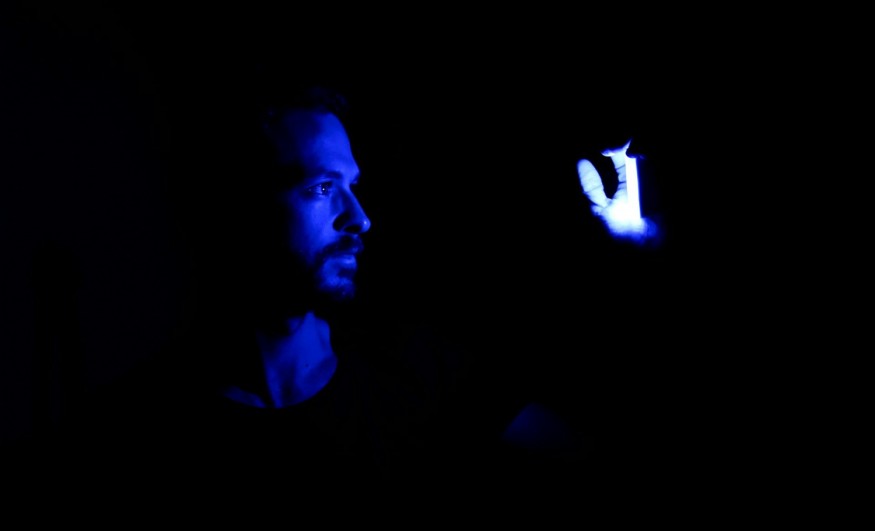
Aging may be a natural process in life, but the true challenge is preventing premature aging and ensuring the healthiest journey as your body stands the test of time.
A recent study on fruit flies found that daily blue light exposure may directly affect the body at a sub-cellular level. The more constant your exposure to it, the more accelerated you potentially age.
Blue light is a naturally occurring part of the visible light spectrum, so we are never totally free of it. An adequate amount is even good for the circadian rhythm, but any excess starts to cause problems. It's worth looking into how you are affected by this phenomenon and how you can mitigate any unwanted effects.
How Blue Light Affects Aging
As revealed by the study featured in PNAS Nexus, consistent exposure to blue light can induce transcriptomic, epitranscriptomic, and metabolomic reprogramming. This means cells are deteriorating more rapidly than usual, causing neurological functions to suffer and hurting energy production. Although humans are less severely impacted than small fruit flies, the long-term damage is most concerning. It even harms your metabolite function prematurely, which is necessary for your reproductive and general health.
The sun casts some blue light, which is part of the signal telling our brains it's time to stay awake. Avoiding too much sun exposure mitigates its less desirable effects. That said, much of the average person's day is filled with artificial sources that produce blue light as well. The most common source is LED, so light fixtures, monitors, smartphones, tablets, and other digital screens consistently cast blue light on you.
With so much all around you, you are essentially getting toxic levels that can disrupt your blood sugar, ruin your circadian rhythm, contribute to eye strain, cause diabetes, and even shorten your life span. Essentially, you are aging up your body rapidly in an unhealthy way. This has caused scientists to consider blue light a public health time bomb worth looking into.
Thankfully, it's not an irreversible path with no hope. It just comes down to managing the effects of blue light and protecting yourself as you interact with inevitable sources of this part of the light spectrum.
How to Manage the Effects of Blue Light
The most common way blue light hits you is through your eyes. Not only can this lead to eye strain, but it may also contribute to age-related macular degeneration. For this, blue light glasses can be worn when interacting with screens for prolonged periods. These glasses use lenses built to filter out blue-violet light from both natural and artificial sources. Whether or not you're using prescription lenses for vision correction, this function works well to shield your eyes.
Popular luxury brands like Armani Exchange, Tory Burch, and Ray-Ban have also adopted blue light filtering in many of their models. Even extremely popular frames like the TY2129U in the Tory Burch acetate selection can be fitted with blue-light coated lenses. For people who want to go a step further, Transitions' patented Light Responsive Treatment formula adapts to different light conditions and protects against both blue light and UV rays.
Many modern devices, such as smartphones and computers, also offer integrated blue light filters in their software. Since this mostly just shifts the color temperature, it only targets the effects on vision and sleep. For defense against the other cellular effects of blue light, you may want to use screen protectors that block blue light from emitting. You can apply these on your handheld devices easily, but you can also go for a larger variant meant to go over your television or monitor.
You can't forget about the blue light from fixtures around your home, either. Instead of forcing yourself to live in darkness, you can switch out your existing lights for blue light-blocking bulbs. Many reputable lighting brands like Philips and BlockBlueLight have launched products using limited wavelengths and new phosphors to eliminate blue light while still providing ample illumination.
With these resources, you don't have to be overly concerned about the impact of blue light on your aging process. In fact, completely removing all traces of blue light from your life is not only near-impossible but also unwise. Existing forms of therapy even use blue light wavelengths to help destroy abnormal skin cells. As long as you take the proper precautions to avoid overexposure, you should be able to live a robust life and age healthily.












